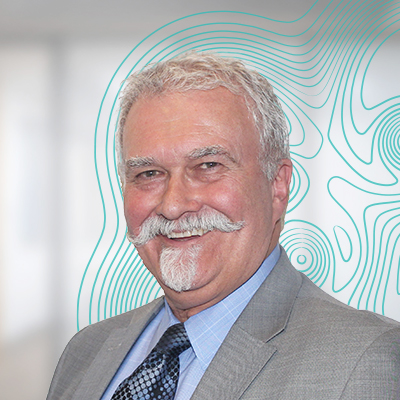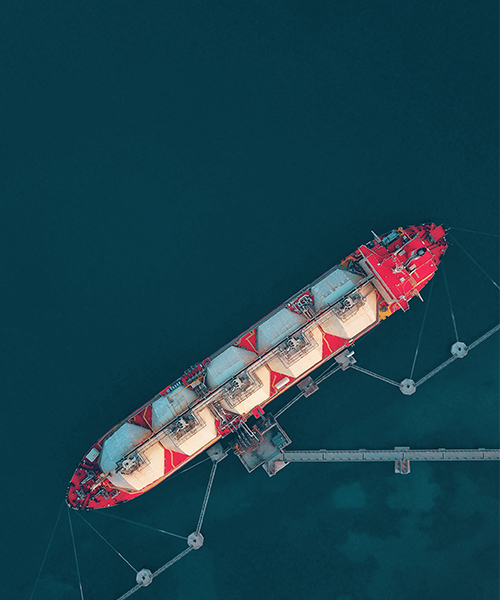Building LNG for a non-linear energy transition
Ing. Paul Sullivan
Senior Vice President – LNG Worley Consulting – Americas
“The path to net zero isn’t linear – and it shouldn’t be. There’s no single roadmap but a shared direction.”

Paul Sullivan has spent more than 30 years delivering energy infrastructure around the world. He led our global LNG strategy across six centers of excellence, including London, Houston, Singapore, Vancouver and Teesside, helping customers design and deliver the next generation of lower-carbon LNG solutions. Based in Houston, he currently leads our Americas LNG Consulting business.
Since 2010, as strategic co-chair of the Gastech governing body, Paul has connected government, industry and academia, steering global dialogue on LNG’s evolving role in a net zero energy mix.
Challenging linear thinking
While most energy companies are seen to adopt structured decarbonization approaches Paul has observed a fundamental flaw through his decades of global project delivery.
“Everyone wants a roadmap to net zero. Clean timelines. Predictable milestones,” Paul explains. “But energy transition doesn’t follow blueprints. My role is partnering with customers to deliver outcomes that work for their assets, their markets, and their net zero ambitions.”
Driving a smarter design revolution
Traditional LNG facility design follows decades-old patterns with large footprints and fixed layouts. Paul advocates for a fundamentally different approach – a modular, smarter layout that reduces footprint, improves safety, and accelerates delivery. This approach can be applied to global scale projects and to smaller niche developments, which are a growing element of the market.
“These practical innovations transform project economics by replacing massive facilities with smaller, interconnected systems that come online progressively,” he explains. “It gives customers flexibility to adapt as market conditions change.”
In line with this Worley approach, traditional EPC models have been challenged in order to identify more corroborative risk allocation between the project parties to deliver successful derisked outcomes.
Keeping people at the center
Technical innovation is only part of the story. Paul leads knowledge sharing across Worley's LNG hubs and supports reskilling engineers from traditional energy backgrounds.
“Building the next generation of LNG engineers requires more than curriculum,” Paul explains. he says. “It’s about culture, connection, and purpose – and understanding the communities where we work.”
“Our Global Integrated Delivery (GID) teams in India and Colombia are continuously building this understanding and the skills needed to support our LNG customers globally.”
Delivering transformation, project by project
Paul's philosophy, based on his 30-plus years of LNG experience and observations, is pragmatic execution – planning for a range of outcomes, ensuring assets remain viable while making real progress toward decarbonization.
“The companies that succeed in energy transition won't be those with detailed five-year plans,” Paul concludes. “It gives customers flexibility to adapt as market conditions change.”
“Linear thinking can fail because energy transformation is fundamentally non-linear. The future of LNG lies in agility – staying responsive to market conditions and remaining committed to real outcomes. We're building the foundation for a more sustainable energy future, one project and one customer at a time.”


